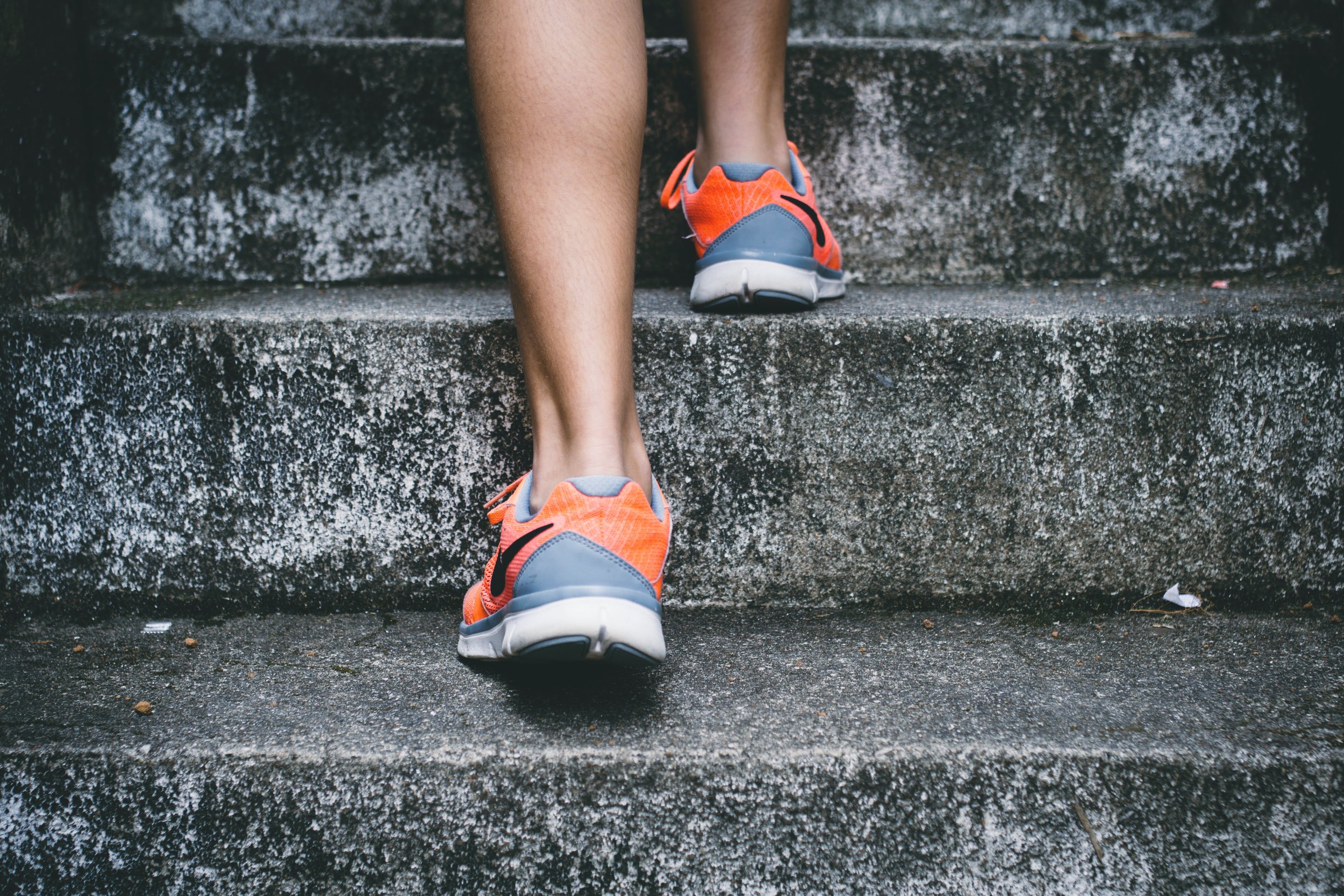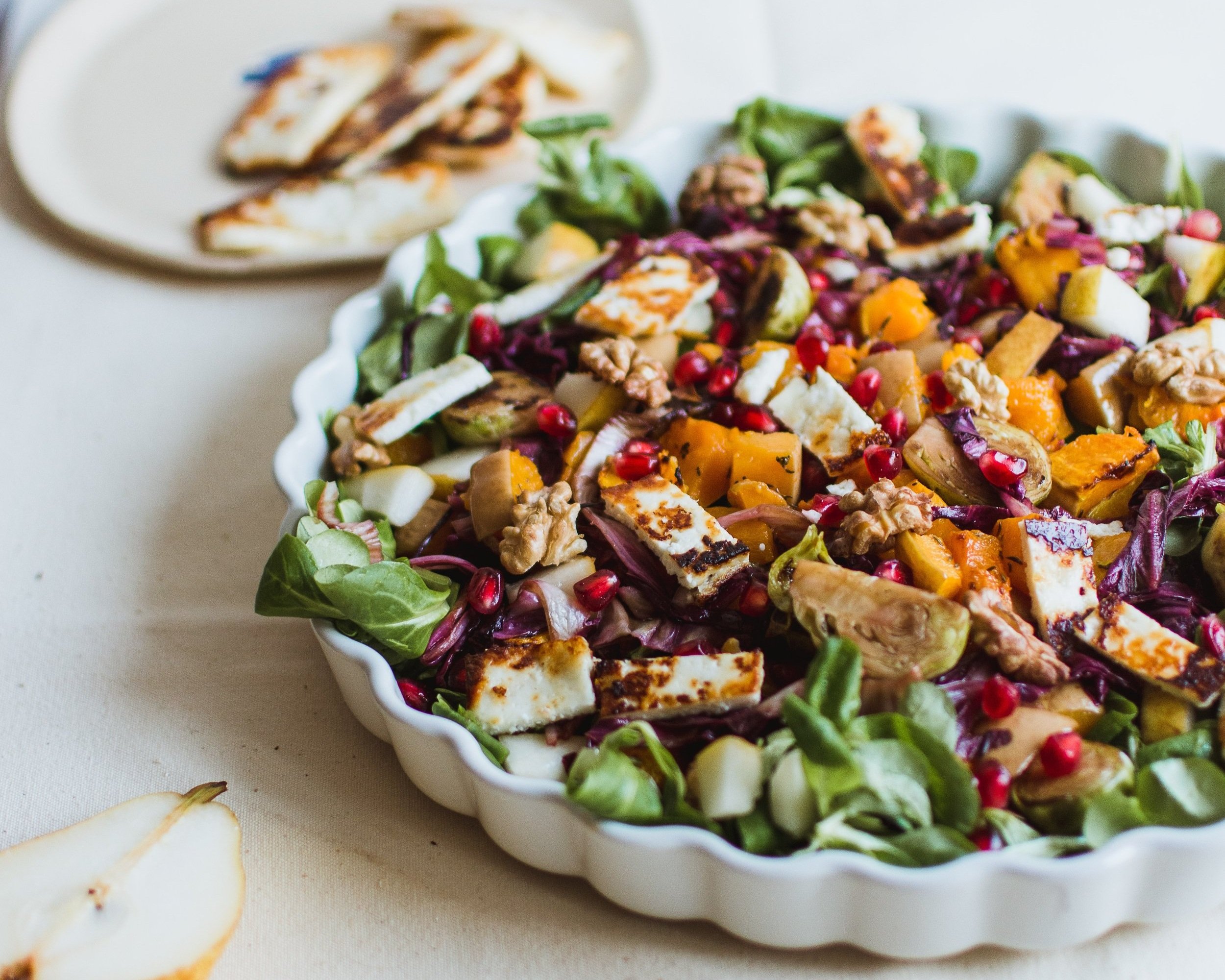Physical wellness refers to the steps we take or the things we do to achieve overall physical wellbeing. Examples of this include daily physical activity, eating nutritious foods, and getting enough sleep.
For many people, physical wellbeing seems unachievable in our current economic state. From fitness influencers raving about extravagant yoga or spin classes, to celebrities claiming that expensive (and unnecessary) juice cleanses are a must; it seems as though physical wellbeing is too costly and luxurious for most people to obtain. However, that is simply not true as there are many ways in which we can improve our physical wellness without spending a fortune – check out tips below which may help you improve your physical wellness on a budget.
1. Go out and get moving – It is recommended that those aged 18-65 years should do at least 150 minutes of moderate-intensity physical activity throughout the week (1). That can be broken down in 30 mins x 5 days or 20 mins everyday. There is no need to spend money on a gym membership or fancy equipment. Simply take some time out of your day and go for a walk, run, cycle, or whatever form of physical activity you prefer! A nice walk could be the perfect time to start listening to that podcast you’ve been hearing so much about, or to catch up with friends (with the added bonus of getting a coffee together afterwards).
2. Do yoga or pilates at home – Since COVID-19, it’s safe to say many people became accustomed to home-workouts during periods of lockdown. With this, many fitness instructors took to YouTube and other media platforms to share creative ways to keep physical activity levels high from their homes and gardens. For those who have not tried yoga or pilates before, perhaps try setting aside 20-30 minutes and follow a YouTube video. If you have some previous experience with this and enjoy these types of exercises, why not put on some music in the background and challenge your body!
3. Plan your meals, shop with a list, & cook at home – There seems to be a large misconception, especially for uni students, that eating nutritious foods is incredibly expensive. While it can be costly if not careful, there are easy ways to incorporate more nutritious foods into our diets without breaking the bank! Some ways to do this are by cooking at home, planning meals, and making a list before shopping. While this might seem simple, we can all easily buy more than what we had originally intended at the supermarket. Planning our meals for the following few days and making a shopping list could reduce the risk of buying unnecessary items and could help minimise food waste (especially with fresh fruit and vegetables, etc. that might go off more quickly than you planned to use them).
4. Be smart about the foods you buy and where you buy them – Lidl, Aldi, and Tesco some of the cheapest supermarkets across Ireland and the UK. Depending on which shops are local to you, aim to get most of your groceries in supermarkets of this sort. You can also get a Clubcard in most of these stores for deals and money off vouchers. Buying own-branded foods is also a must when wanting to cut costs from your grocery shop, consider this for cereals, milk, biscuits, tea etc. Frozen fruit and vegetables are just as nutritious, can be stored for a long period and are far cheaper than the fresh alternatives. Having these set aside in the freezer might save you having to eat plain pasta dishes all day, every day, and will add some nutritional variety to your diet in an inexpensive way!
5. Get enough sleep – While going out with friends and socialising is a major part of student life, energy levels and getting enough sleep is also important for both physical and mental health. Why give going out on night 3 in a row a miss, and get some sleep to refuel instead? Cutting back from going out, or even leaving early and getting public transport (if possible) home instead of a taxi could help save some money and energy levels. Aim to get around 8 hours of sleep each night and you may (eventually) make it to your 9am lecture! Remember that there will always be other nights to go out with friends so it’s okay to listen to your body and rest when you need it.
References:
Capio C.M., Sit C.H.P., Abernethy B. (2014). Physical Well-Being. In: Michalos, A.C. (eds) Encyclopedia of Quality of Life and Well-Being Research. Springer, Dordrecht. https://doi.org/10.1007/978-94-007-0753-5_2166
World Health Organization (WHO). (2022). Physical activity. https://www.who.int/news-room/fact-sheets/detail/physical-activity




